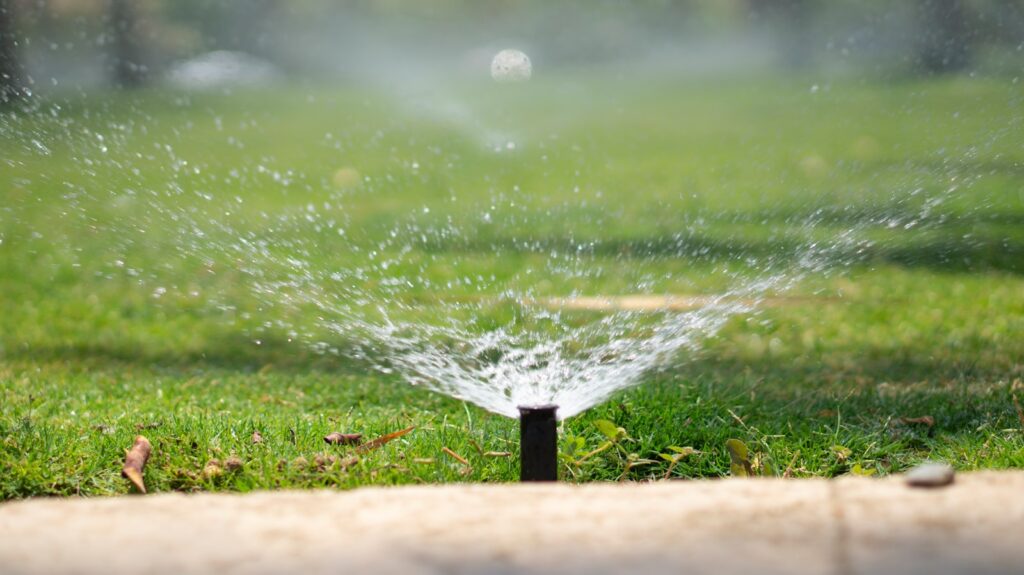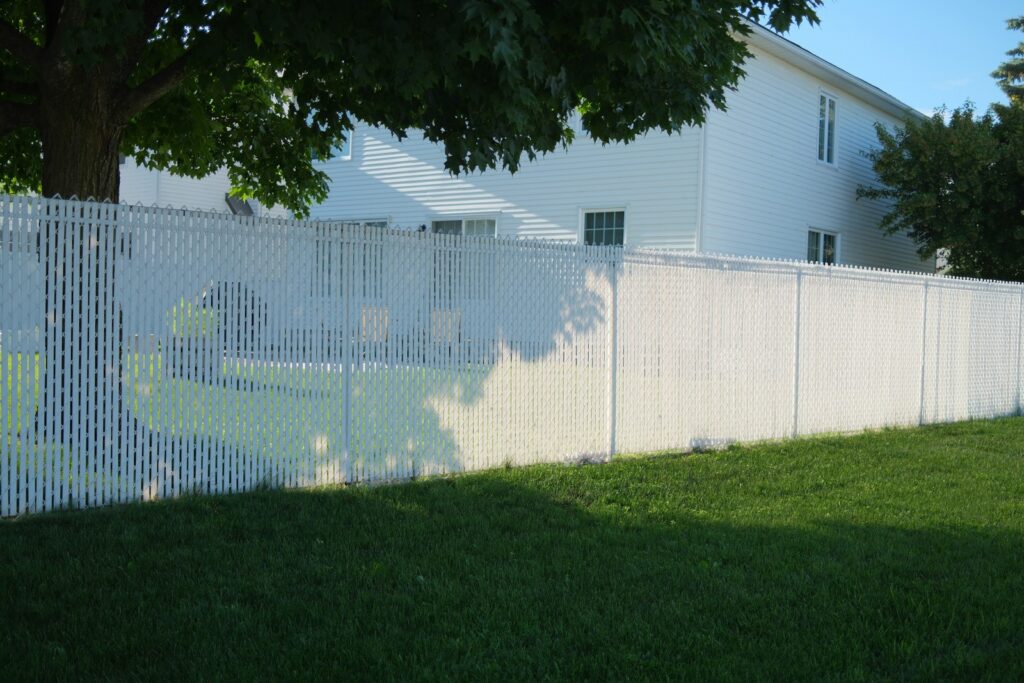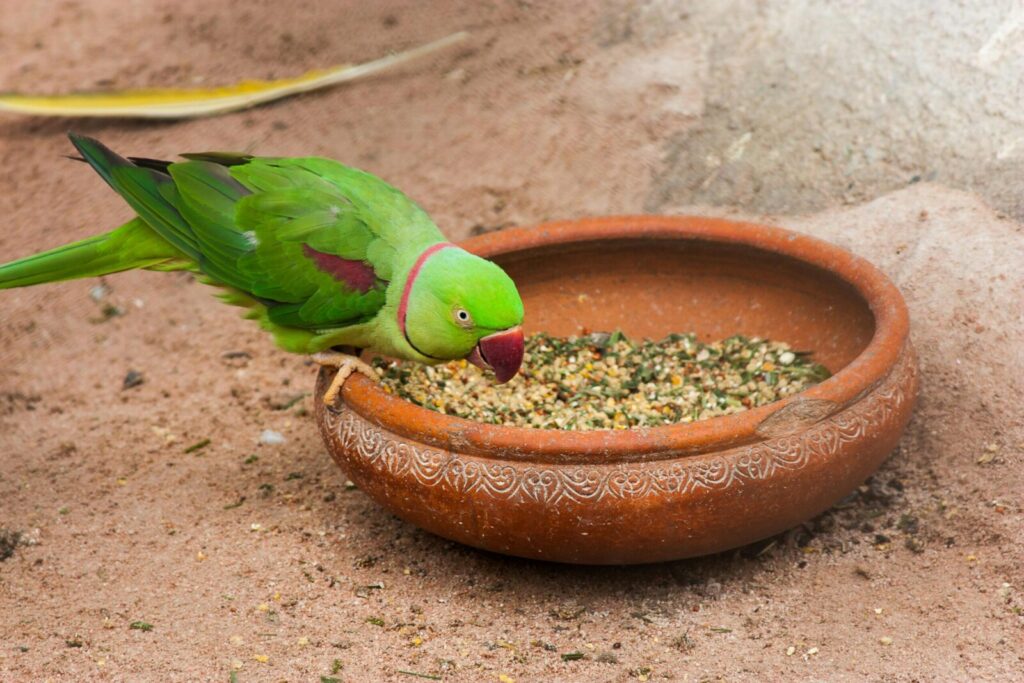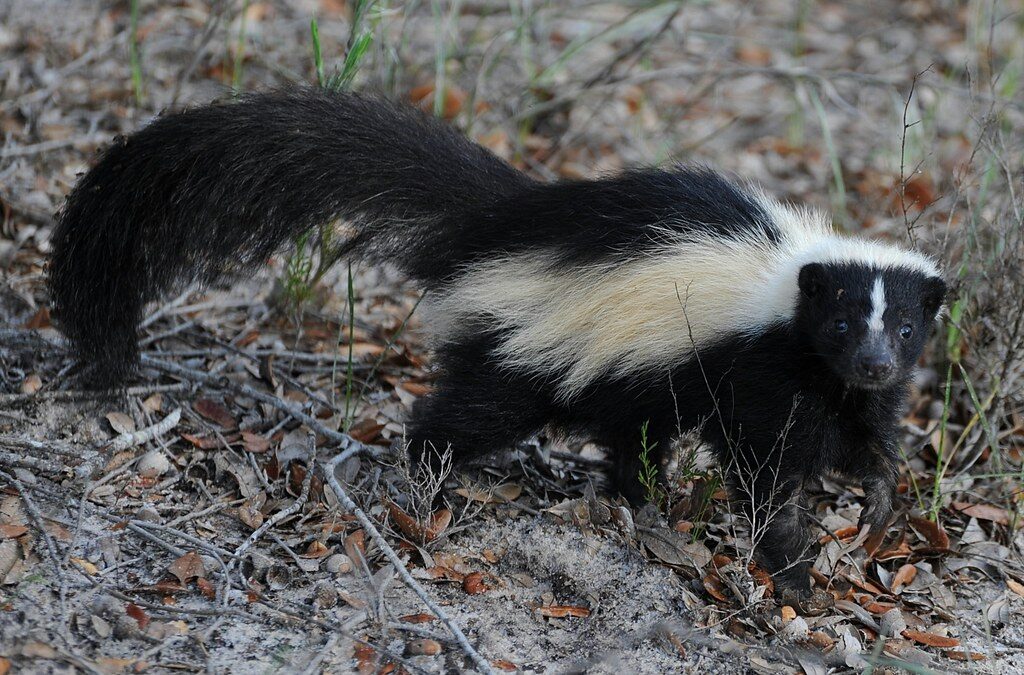Having a skunk wander around your yard can quickly turn from amusing to alarming, especially if it decides to spray. These shy nocturnal creatures are usually harmless, but their powerful scent and habit of digging for food can make them unwelcome guests. The good news is that you don’t need harsh chemicals or extreme measures to keep them away. With a few clever, science-backed strategies, you can discourage skunks from visiting while maintaining a peaceful, wildlife-friendly environment. Understanding what attracts them, such as food scraps, pet bowls, or cozy hiding spots, is the first step. From motion-activated lights to simple home remedies, small changes in your outdoor routine can make a big difference. Whether you live in the countryside or a suburban neighborhood, these practical methods will help you protect your home, garden, and pets from skunk encounters without harming the animals or disrupting your outdoor space.
1. Seal Off All Potential Entry Points

Skunks love quiet and dark areas where they can dig or build dens, such as under decks, sheds, or porches. Inspect your property regularly for openings or burrows that could become their new home. Seal gaps with heavy-duty mesh, wooden boards, or concrete to prevent entry. Since skunks are skilled diggers, it’s best to bury fencing at least one foot underground to make it difficult for them to access. Doing this not only discourages skunks but also prevents other small animals from moving in. Keeping these spaces sealed helps ensure your yard stays secure and skunk-free all year.
2. Remove Food Sources Around Your Property

Skunks are opportunistic eaters, and food availability is one of the main reasons they stick around. Secure garbage bins tightly and keep pet food indoors to avoid attracting unwanted visitors. Compost piles should also be covered, as leftover fruits and vegetables can lure them in. If you have fruit trees, pick up fallen produce right away before it ferments. Make sure bird feeders are placed high enough so spilled seeds don’t collect on the ground. Removing easy access to food is one of the simplest and most effective ways to discourage skunks from returning to your yard.
3. Use Motion-Activated Lights or Sprinklers

Skunks are nocturnal and prefer darkness, which makes bright lights and sudden water sprays an effective deterrent. Motion-activated lights or sprinklers startle them as soon as they enter your property, encouraging them to look for shelter elsewhere. Place these devices near entry points, gardens, and garbage areas to maximize coverage. Since skunks don’t like being startled, this method works without causing them harm. Over time, they’ll associate your yard with discomfort and avoid it completely. These motion sensors also help you save energy and water, making them an eco-friendly option for protecting your home and garden from nighttime intruders.
4. Sprinkle Natural Scents Skunks Dislike

Certain smells are unbearable to skunks, making them perfect natural repellents. Ammonia, citrus peels, vinegar, and peppermint oil are effective options for keeping them away. You can soak cotton balls in these substances and place them near their hiding spots or around your garden. Refresh the scent every few days to maintain effectiveness. Another useful option is predator urine, such as fox or coyote, which signals danger to skunks. Using these natural scents not only keeps your home free from skunks but also avoids the use of harsh chemicals that could harm plants or other harmless wildlife in your yard.
5. Keep Your Lawn and Garden Clean

A cluttered lawn provides perfect hiding spots for skunks. Regularly trimming bushes, mowing grass, and removing woodpiles or debris eliminates areas they could use for shelter. Overgrown vegetation also attracts insects and grubs, which are a food source for skunks. Turning over the soil occasionally exposes and removes these insects naturally. Keeping your outdoor space neat and tidy not only enhances curb appeal but also sends a signal to skunks that the area is unsuitable for nesting. Clean gardens are less likely to attract pests of any kind, making this a simple yet effective method to protect your property.
6. Install Fencing with a Secure Base

If skunks frequently visit your property, installing a fence is an excellent preventive measure. However, it’s important to design it properly since skunks can dig underneath. Choose a solid barrier made of wire mesh or hardware cloth and bury it at least twelve inches deep to prevent burrowing. The fence should also stand at least three feet tall to deter climbing attempts. Make sure there are no open spaces near gates or corners that could be exploited. When maintained properly, this type of fencing can keep skunks and other nuisance animals away while maintaining a clean and safe yard.
7. Eliminate Standing Water Sources

Skunks are often drawn to easy access to water for drinking or cooling off. Check your yard for puddles, leaky faucets, or pet bowls left outside overnight. Standing water also attracts insects, which are part of a skunk’s diet. Repairing leaks and using covered containers for outdoor water sources can significantly reduce attraction. If you have a garden pond, consider adding a net or barrier to prevent wildlife access. Keeping your outdoor space dry and well-maintained not only discourages skunks but also reduces the risk of mosquitoes breeding in your yard, creating a cleaner and more comfortable environment.
8. Use Skunk-Resistant Landscaping Plants

Certain plants have strong scents or textures that naturally deter skunks. Consider adding lavender, mint, or marigold to your garden, as these plants are known for their pungent aromas that wildlife tends to avoid. You can also use prickly bushes like holly or barberry around the edges of your property to make it less inviting. Skunks prefer soft, quiet soil to dig in, so rough-textured plants or gravel pathways can also discourage them. Skunk-resistant landscaping is not only an aesthetic choice but also a long-term preventive measure that helps maintain a harmonious outdoor environment with minimal maintenance required.
9. Keep Pet Food Indoors

Leaving pet food outside overnight is one of the quickest ways to attract skunks and other wildlife. Skunks are scavengers that will eat any accessible food, including dog or cat kibble. Always feed your pets indoors or remove their bowls immediately after meals. If you must feed them outside, schedule meals during the day and store leftovers in sealed containers. Cleaning the feeding area frequently helps remove lingering food odors. By making this small change in routine, you remove a major attraction from your yard and ensure your pets remain safe from unwanted nighttime animal encounters.
10. Secure Your Trash Bins

Skunks have an excellent sense of smell and can detect food waste from far away. Always use garbage cans with tight-fitting lids to keep them from rummaging through your trash. If your bins are easily knocked over, consider weighing them down or storing them in a shed until collection day. Rinsing containers before disposal also helps eliminate strong odors. For an added layer of protection, sprinkle baking soda or vinegar inside the bin to neutralize smells. Proper waste management not only prevents skunks from visiting but also discourages raccoons, rats, and other pests from invading your property.
11. Install Motion-Activated Sound Devices

In addition to lights and sprinklers, sound-based deterrents can effectively keep skunks away. Motion-activated devices that emit high-frequency sounds are harmless yet irritating to them, causing them to leave quickly. Place these near your garbage area, garden, or porch for maximum effect. You can also use a radio set to low volume in problem areas at night, as the sound of human voices can deter wildlife. Always ensure the noise is not disruptive to your neighbors. When used strategically, these devices offer a humane way to maintain peace around your home while keeping nocturnal visitors at bay.
12. Fill Abandoned Burrows Promptly

Skunks often take over burrows abandoned by other animals. If you notice holes or tunnels around your property, fill them immediately with gravel, soil, or rocks to block access. For extra precaution, place rags soaked in vinegar or ammonia inside before sealing to discourage return visits. Regularly inspect under decks, sheds, and crawl spaces to ensure no new burrows are forming. Addressing these potential shelters quickly prevents skunks from settling in. A well-maintained yard not only reduces the likelihood of infestation but also keeps your outdoor space safer and more pleasant for daily activities and gatherings.
13. Avoid Leaving Bird Seed on the Ground

While bird feeders bring joy and life to your yard, they can unintentionally attract skunks. Spilled seeds and suet provide easy snacks for them, especially at night. To minimize this, use feeders with trays to catch falling seeds and clean the area beneath them regularly. You can also switch to seed varieties that birds love but skunks dislike, such as safflower. Keeping feeding areas tidy and elevated prevents unwanted animals from gathering underneath. This simple adjustment allows you to enjoy watching birds in your garden without inviting skunks or other scavengers to your property.
14. Try Epsom Salt Around Your Yard

Epsom salt is an inexpensive and natural remedy that can discourage skunks from entering your yard. Its strong scent and taste are unappealing to them, making it effective when sprinkled around gardens, trash bins, and fences. Reapply the salt every few days, especially after rain. Besides deterring skunks, Epsom salt also benefits plants by enriching the soil with magnesium and sulfur. It’s a safe, eco-friendly option that helps maintain both a healthy garden and a skunk-free environment. Using it regularly can help you achieve a balanced outdoor space that feels both secure and naturally beautiful.
15. Keep Outdoor Lighting Consistent

Skunks prefer dark, quiet spaces, so bright lighting around your property discourages them from approaching. Install solar-powered or LED lights along pathways, fences, and garden edges to illuminate your yard. The constant brightness makes skunks feel exposed and vulnerable, prompting them to seek shelter elsewhere. Consistent lighting not only protects your home but also enhances nighttime visibility for safety. Choose energy-efficient bulbs to save on electricity while maintaining deterrent effects. A well-lit yard serves as a gentle but effective way to signal to skunks that your property isn’t an ideal place to explore or settle in.
16. Contact Local Wildlife Control for Persistent Problems

If skunks continue to appear despite your best efforts, it may be time to contact local wildlife control. Professionals can assess your property, identify problem areas, and remove skunks safely without harming them. They’re also trained to handle situations involving nests or baby skunks, ensuring ethical relocation. Many services offer preventive advice and solutions tailored to your area’s wildlife behavior. Seeking expert help guarantees a thorough and long-lasting resolution while keeping you, your family, and your pets safe. It’s a responsible choice that balances humane wildlife management with maintaining a peaceful and secure home environment.
Comments